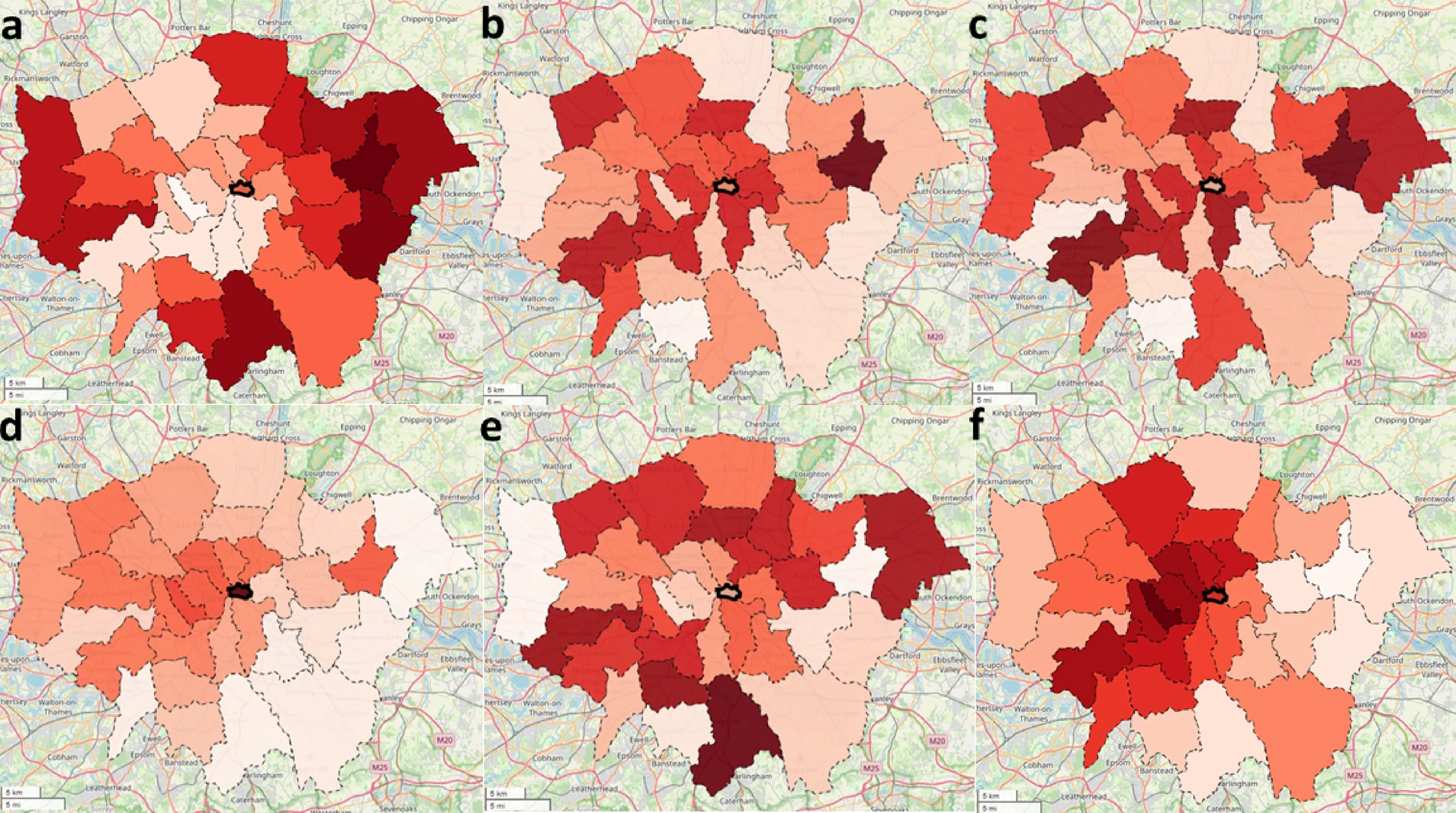“We show that what is sold in a restaurant has a direct correlation to people’s health,” says MIT researcher Fabio Duarte, co-author of a newly published paper outlining the study’s results. “The food landscape matters.”
hmmm...
In London and Boston, higher socioeconomic neighborhoods had better access to nutrient-rich foods, with dietary fibers showing a strong inverse association with obesity (p = 0.001, p = 0.004, respectively).
...
Notably, dietary fibers consistently showed a significant negative association with obesity in both cities (p-value: 0.001 for London; 0.004 for Boston). Potassium had differing effects in London and Boston. No significant association was found between obesity and MBI nor NRF in either city.
whole foods plant-based FTW.
